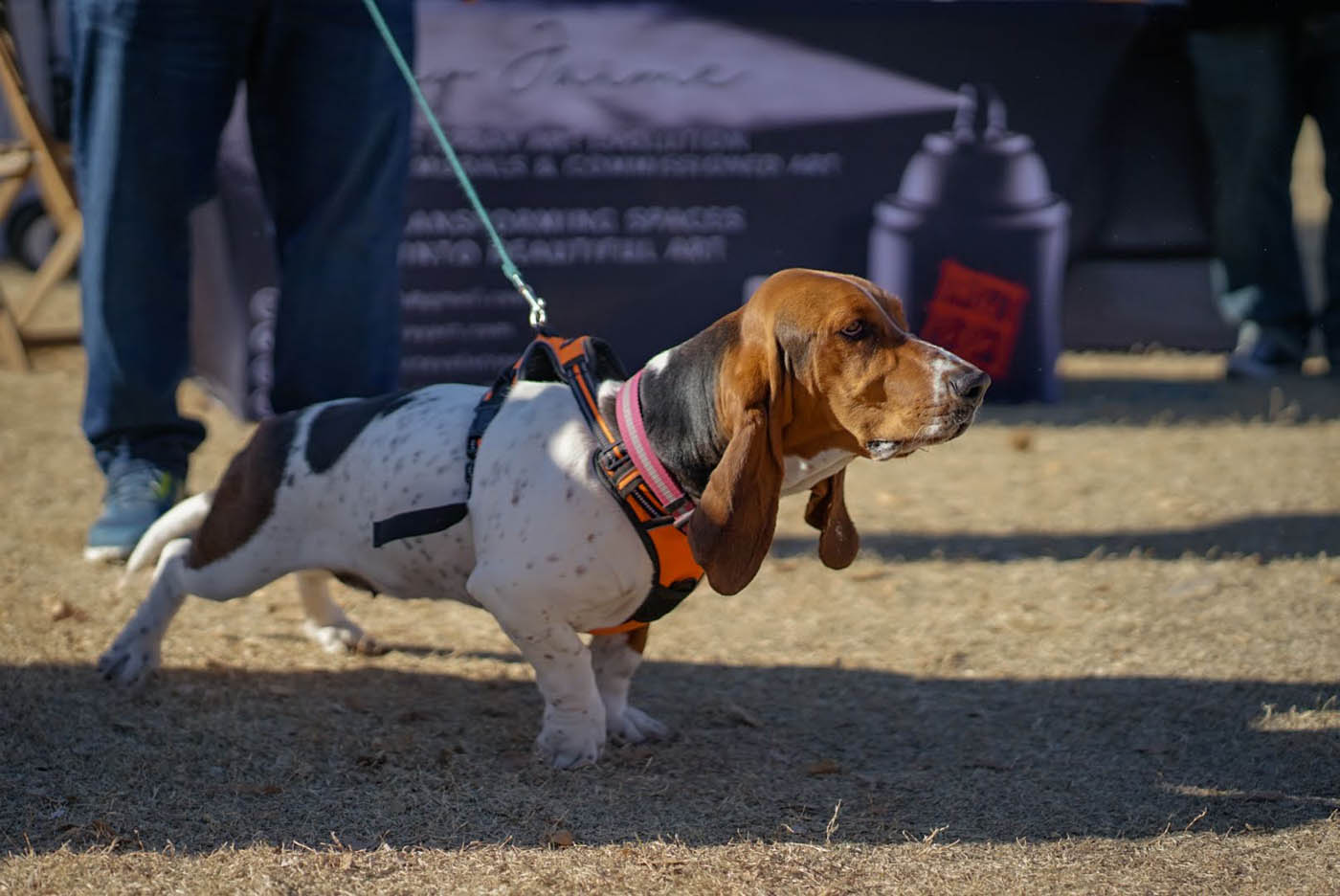Unleash Potential with Dog Training Near Me: Locate Your Local Specialists
Unlock Your Canine's Prospective: Proven Pet Dog Training Approaches for Success
Effective dog training is a nuanced procedure that hinges on recognizing canine habits and employing medically backed methods. By incorporating favorable reinforcement, developing clear commands, and focusing on socialization, pet dog owners can grow an efficient partnership with their family pets.
Understanding Pet Behavior
Recognizing canine habits is essential for effective training and promoting a positive partnership between canines and their owners. A comprehensive understanding of canine body movement, vocalizations, and social communications is important for identifying their emotions and requirements. Pets communicate largely through non-verbal hints; for instance, a wagging tail may suggest excitement, while pinned ears can indicate anxiety or submission.

Additionally, environmental elements play a considerable role fit a dog's behavior. Adjustments in regular, brand-new environments, or the existence of unfamiliar individuals can bring about stress and anxiety or anxiousness in pet dogs. Acknowledging these triggers allows owners to minimize damaging responses and establish appropriate training strategies.
Inevitably, a deep understanding of pet dog habits lays the foundation for effective training techniques, improving both actions and the total bond between the dog and its proprietor. dog training charlotte nc. This understanding is indispensable for cultivating a well-adjusted, delighted canine companion
Favorable Reinforcement Techniques
Reliable training relies greatly on positive support methods, which have been revealed to yield substantial results in forming preferred actions in pet dogs. This approach includes compensating a pet dog for exhibiting certain behaviors, consequently enhancing the chance that these behaviors will certainly be repeated. Benefits can take various types, consisting of treats, appreciation, toys, or playtime, relying on what motivates the specific dog.

It is vital to slowly phase out incentives as the pet dog discovers the behavior, transitioning to recurring support. This technique maintains the actions gradually while avoiding dependency on consistent benefits. By concentrating on favorable reinforcement, instructors can grow a trusting partnership with their canines, promoting a healthy and cooperative training setting that improves total obedience and performance.
Developing Constant Commands
A fundamental element of successful pet dog training is the establishment of regular commands. Consistency in commands is critical for efficient interaction between the instructor and the canine. When commands are consistent, canines find out to associate certain words with desired habits, which increases the training process and boosts understanding.
To establish constant commands, it is essential that all relative use the exact same terms and gestures. If one person makes use of "sit" while another states "rest down," it can create confusion for the pet dog. Select clear, distinctive words for commands and ensure everybody associated with the pet's training abides by these options.
Enhance commands via constant technique, making certain that the pet obtains enough possibilities to react appropriately. When a pet efficiently adheres to a command, instant positive reinforcement ought to adhere to.
Finally, hold your horses. Developing constant commands takes some time and effort. With devotion and clearness, you will help your dog create a solid understanding of assumptions, eventually resulting in a well-behaved friend.
Socializing and Exposure
Mingling a dog is vital for promoting a certain and well-adjusted friend. This procedure involves revealing your canine to a variety of settings, individuals, and other pets to develop their social abilities and flexibility. Early socialization, preferably in between the ages of three to fourteen weeks, is critical, as it lays the groundwork for a pet's future actions.
During socialization, objective to supply positive experiences in various settings, such as parks, busy roads, and homes with various other pets. Present your pet dog to different stimuli, consisting of noises, sights, and smells, making sure that each experience is rewarding. This direct exposure assists mitigate fear and anxiousness, leading the way for an extra resilient canine.
Participating in controlled group play sessions with other dogs can also improve social skills, teaching your pet appropriate communications and boundaries. Always check your pet's convenience degree during these experiences, progressively increasing exposure as their self-confidence expands. Remember, the objective is to develop an all-around pet dog that flourishes in diverse circumstances, promoting an click this link unified partnership with both human beings and various other animals. Prioritizing socialization will dramatically add to your canine's overall happiness and habits throughout their life.
Overcoming Common Training Difficulties

An additional constant issue is distraction. Pet dogs may struggle to concentrate in active or unfamiliar setups. Gradually desensitize your dog to disturbances by beginning training in a quiet environment and slowly introducing more stimulations as they become competent (dog training charlotte). Favorable support methods, such as treats and praise, can keep motivation and focus.
In addition, behavior problems like jumping or excessive barking can end up being discouraging. Address these by showing different habits, such as resting steadly when greeting visitors. Consistency and patience are crucial; enhance desired actions constantly and crating one dog and not the other prevent scolding, which can bring about confusion.
Finally, acknowledge that each dog is unique, and training timelines may differ. Dressmaker your strategy to your canine's specific demands, and look for specialist guidance if needed. With perseverance and the right strategies, getting rid of these challenges can cause a trained, delighted canine companion.
Verdict
To conclude, opening a dog's potential demands a thorough strategy that incorporates an understanding of canine behavior, the application of favorable reinforcement methods, and the establishment of regular commands. Early socialization and exposure to varied atmospheres further enhance a canine's versatility and confidence. By dealing with typical training obstacles with tailored approaches and perseverance, a useful site unified and participating connection between canine and handler can be fostered, inevitably resulting in a well-behaved buddy capable of prospering in different scenarios.
Reliable pet dog training is a nuanced procedure that pivots on comprehending canine habits and utilizing scientifically backed methods.Comprehending pet behavior is important for efficient training and fostering a favorable relationship in between dogs and their proprietors.Efficient training depends heavily on favorable reinforcement methods, which have been revealed to yield significant outcomes in forming preferred habits in canines. When commands are consistent, pets learn to associate certain words with desired habits, which increases the training process and boosts understanding.
In final thought, opening a canine's potential demands a detailed technique that integrates an understanding of canine habits, the application of positive support strategies, and the facility of consistent commands.